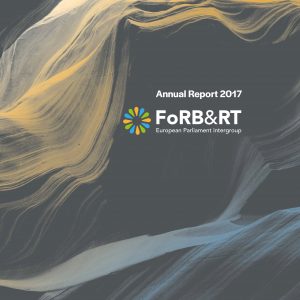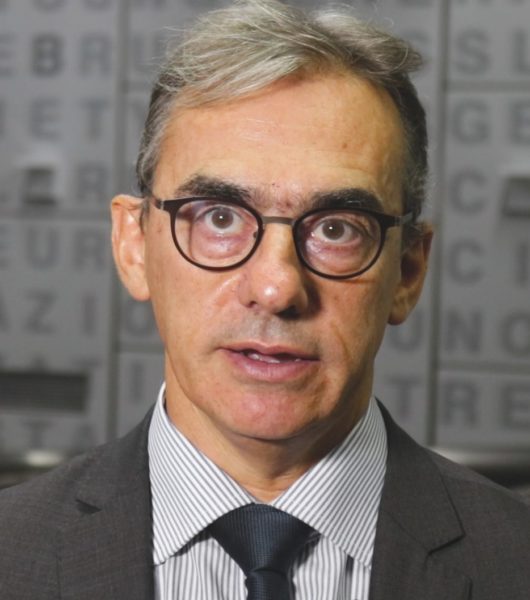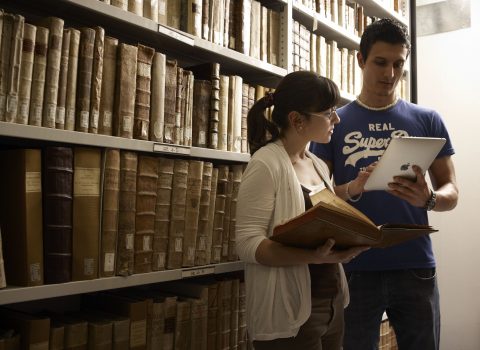
Report on the freedom of belief and religious tolerance of the European Parliament
The report investigating violations of the right to religious freedom in non-European countries and the influence that the EU can have on them was presented in Brussels on September 4. The FBK-ISR research centre is among the authors of the document
The report starts from the premise that much of the world’s population is deprived of the right and freedom of religion, belief, thought or conscience. We could take, for instance, the Rohingya Muslims, who continue to be persecuted in Myanmar, or the Christians and atheists in Pakistan who are sentenced to death for blasphemy.
“We tried to go to the areas involved to see what was objectively necessary to report on violations of the rights of the most disadvantaged populations” – Marco Ventura, director of the FBK-ISR Research Center explains – “Sustainable development is also and above all a matter of rights. A country in which there is no democracy, a country where rights are not protected, is a country where development cannot thrive. Today this is not obvious in international discussions, it is not obvious to the media since a model like the Chinese one is regarded as an example of growth, despite the constant rights violations.”
 The work is the result of a research consortium consisting of Trento based Fondazione Bruno Kessler, the University of Luxembourg and the Cambridge Center on Religion and International Studies. In addition to violations of the right to religious freedom and conscience in non-European countries, the influence that the EU could have on these countries and their importance in European foreign policy is also considered.
The work is the result of a research consortium consisting of Trento based Fondazione Bruno Kessler, the University of Luxembourg and the Cambridge Center on Religion and International Studies. In addition to violations of the right to religious freedom and conscience in non-European countries, the influence that the EU could have on these countries and their importance in European foreign policy is also considered.
“We believe that work on rights in general, especially on the right to have a belief and faith of one’s choice, or not to have one, is critical to understand what really happens in a country. We also consider it important to critically report problematic nations, because these, with the help of Europe, can grow in rights and therefore in development “
Marco Ventura, Valeria Fabretti and Pasquale Annicchino participated in the research for Fondazione Bruno Kessler. The latter spoke at the presentation event in Brussels.
In line with the mission of the FBK Center for Religious Studies, participation in this research strengthens the commitment undertaken in the study of the multiple relationships between religion and institutional innovation in contemporary societies.


